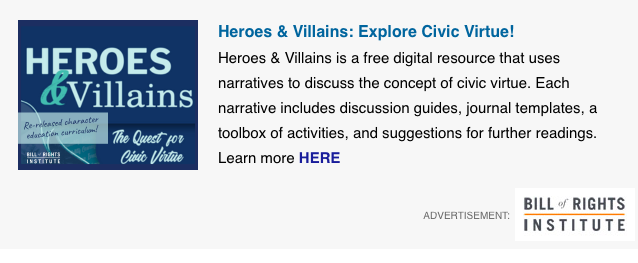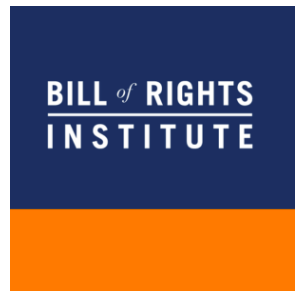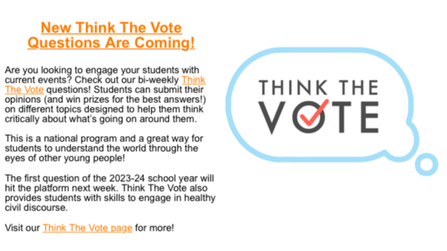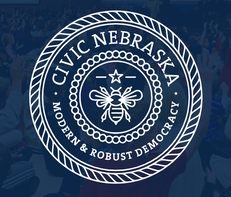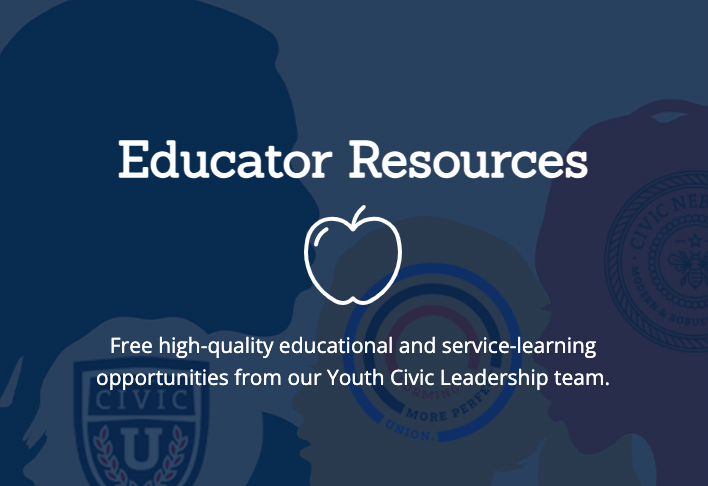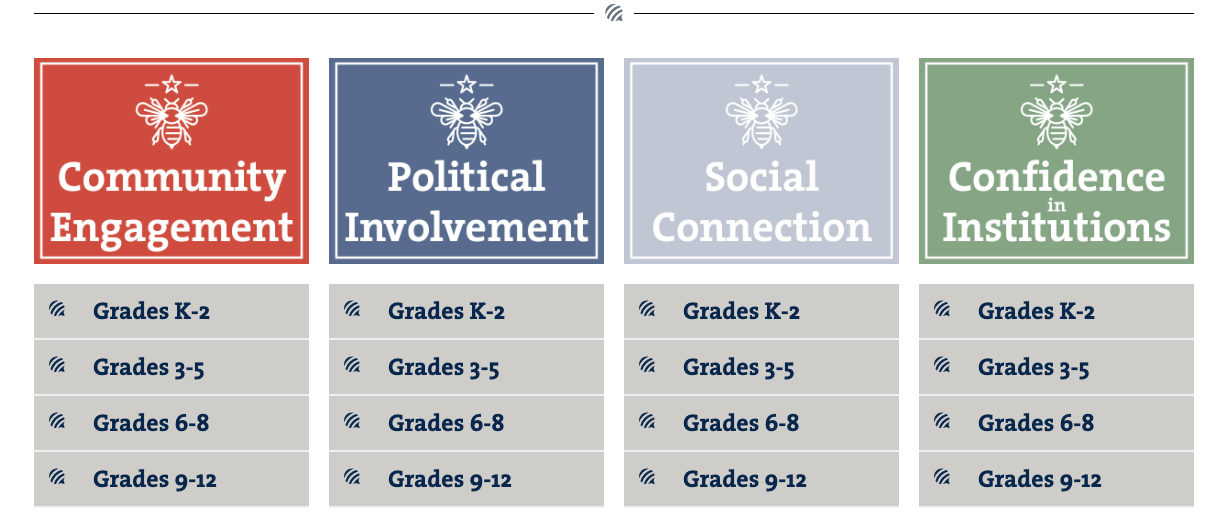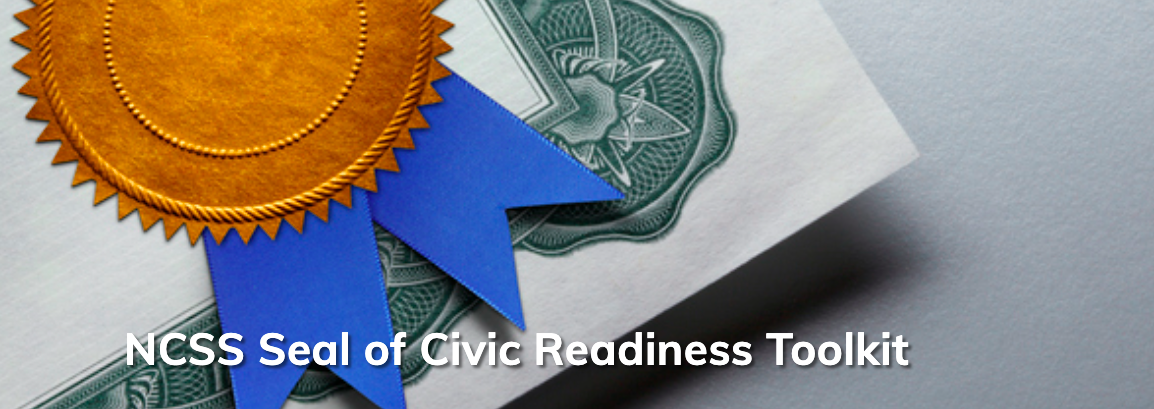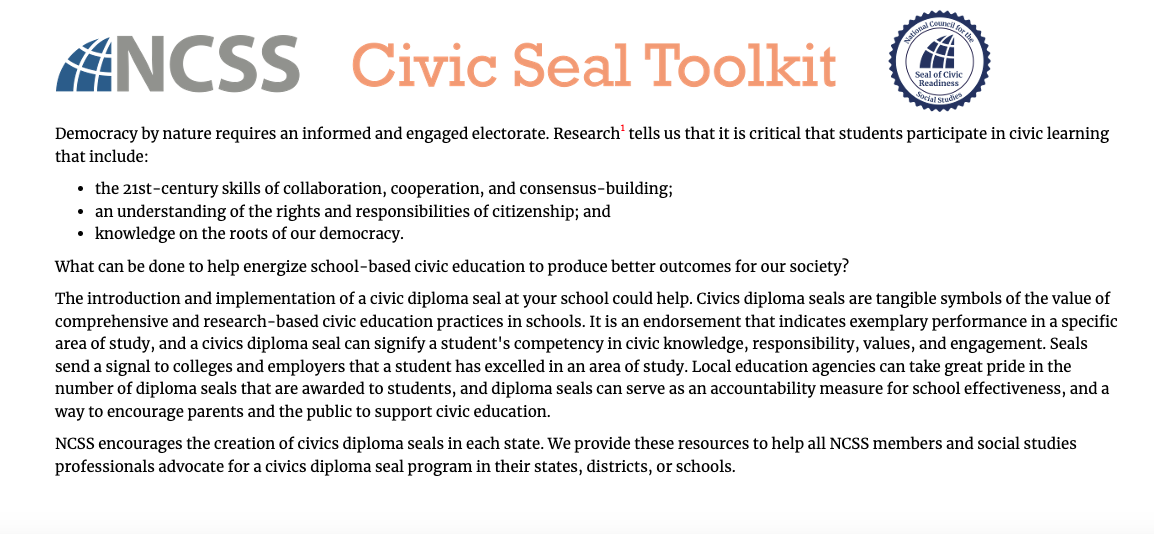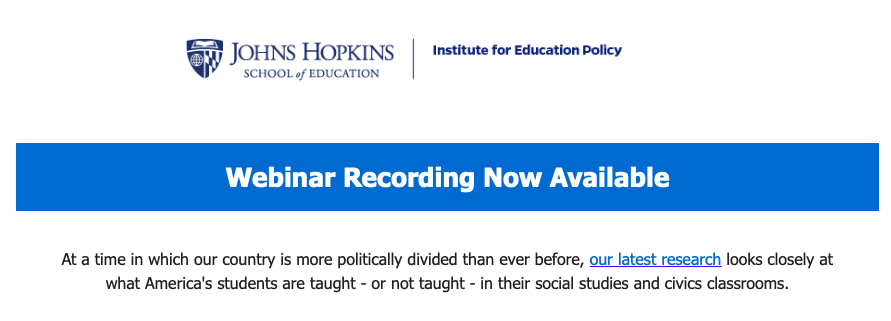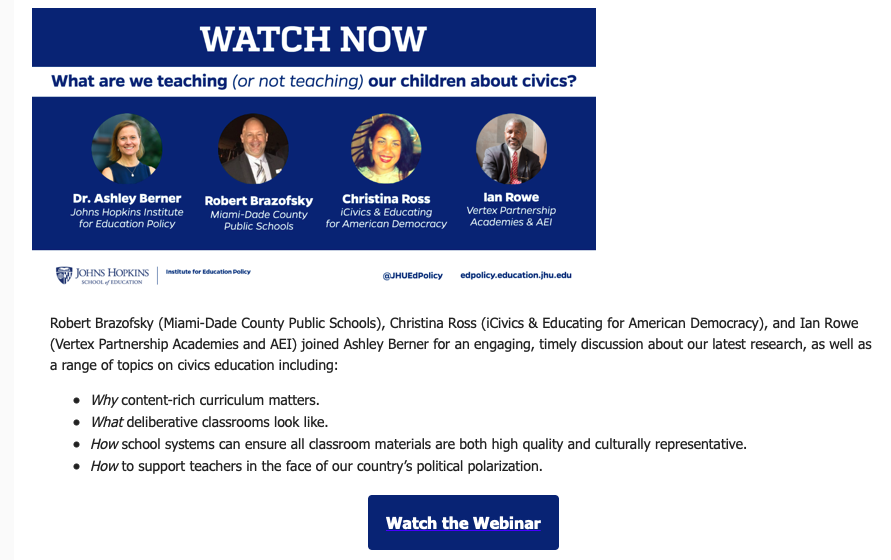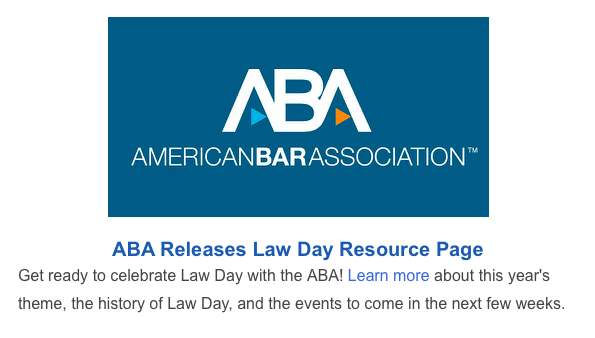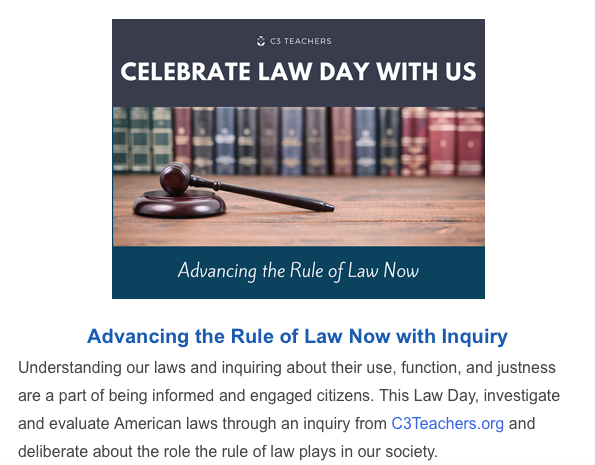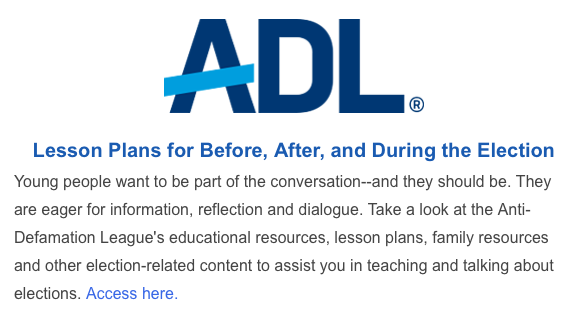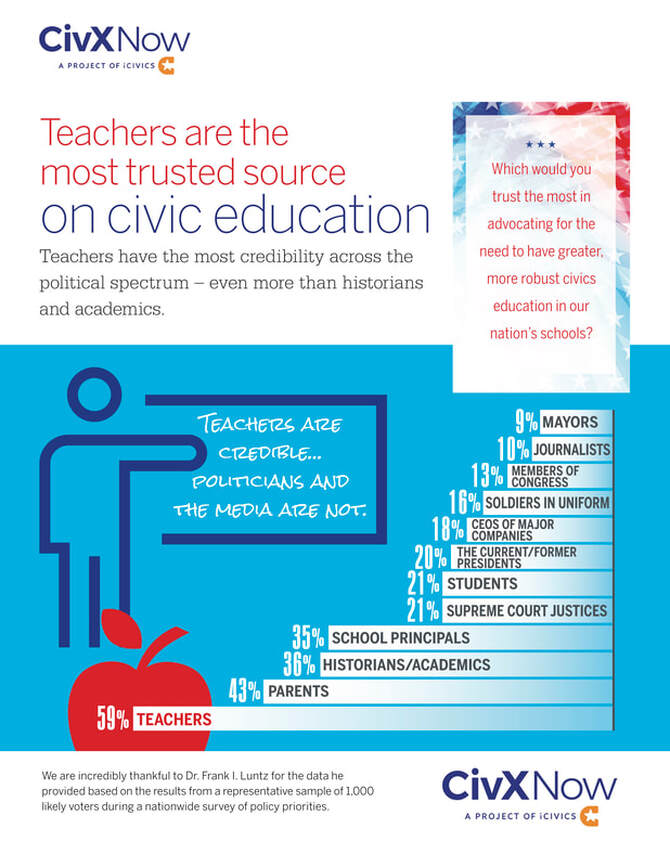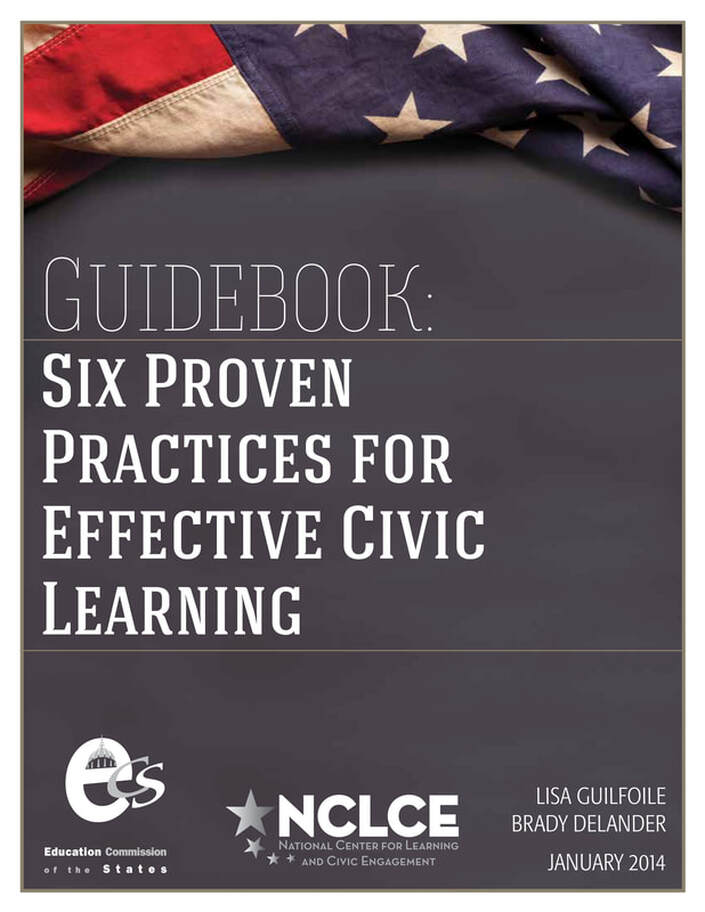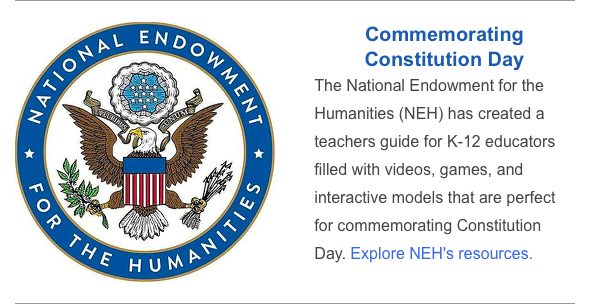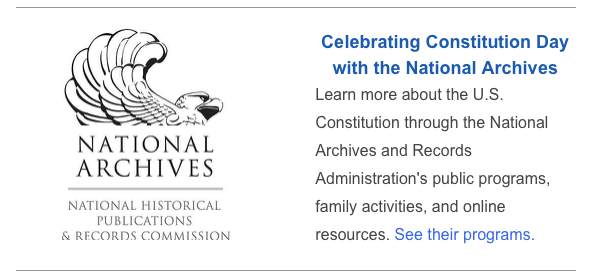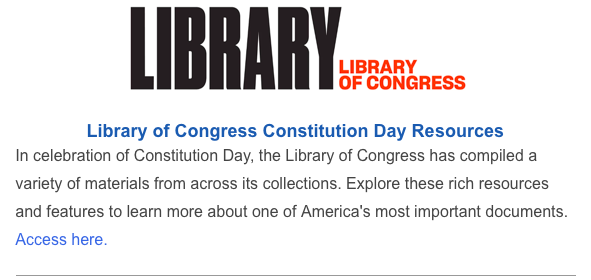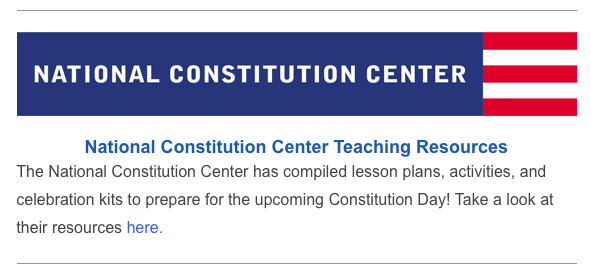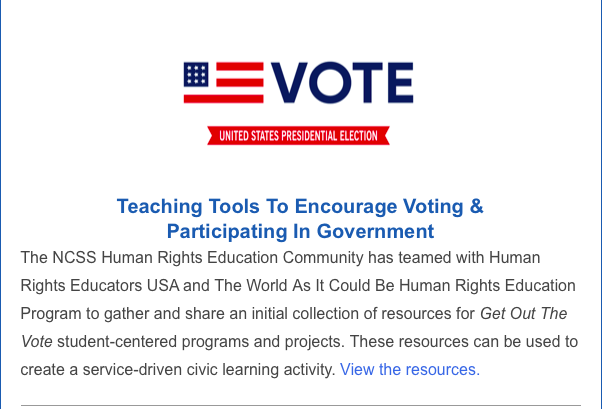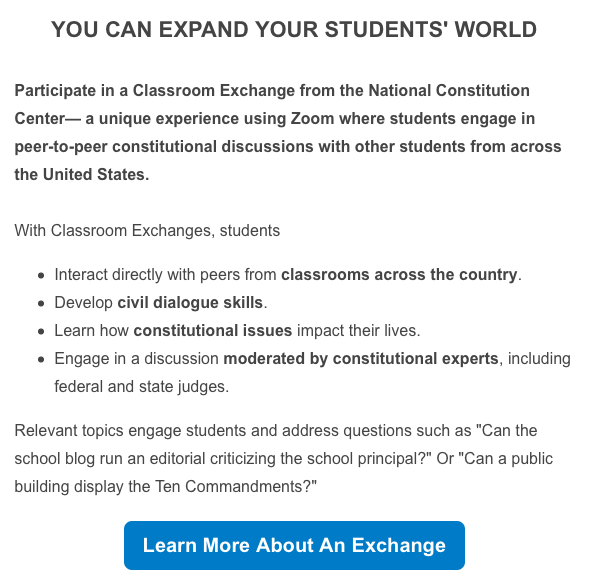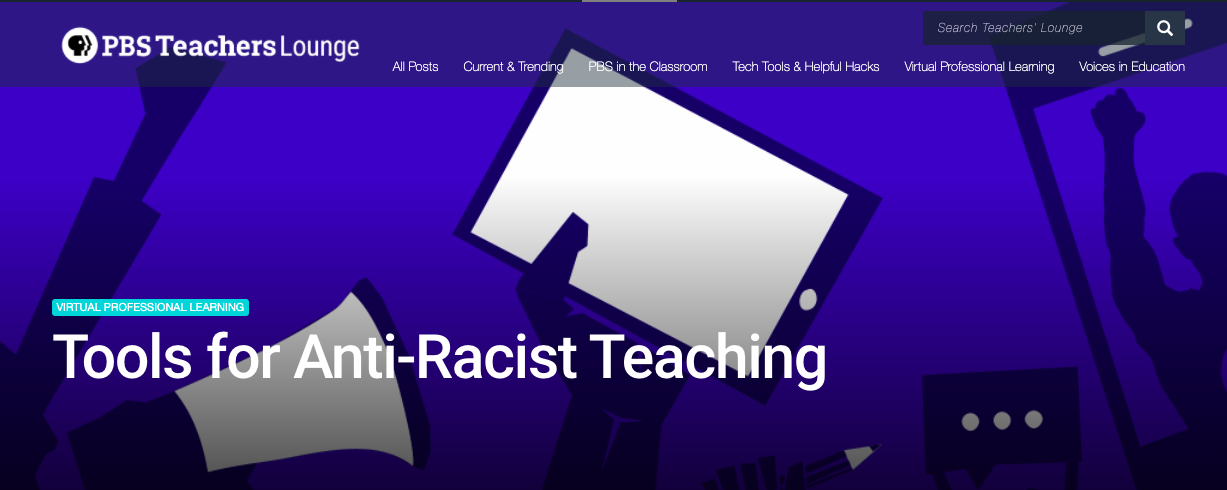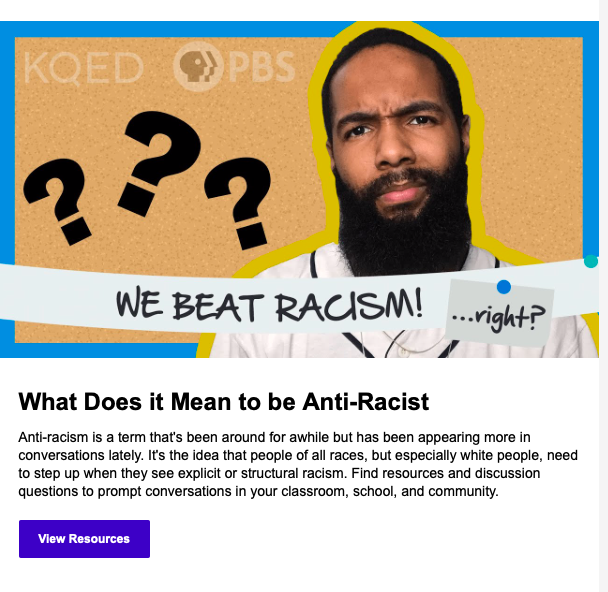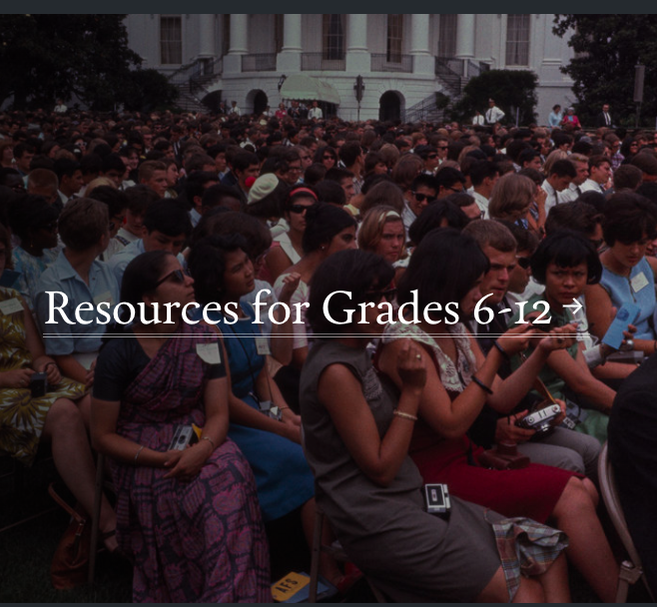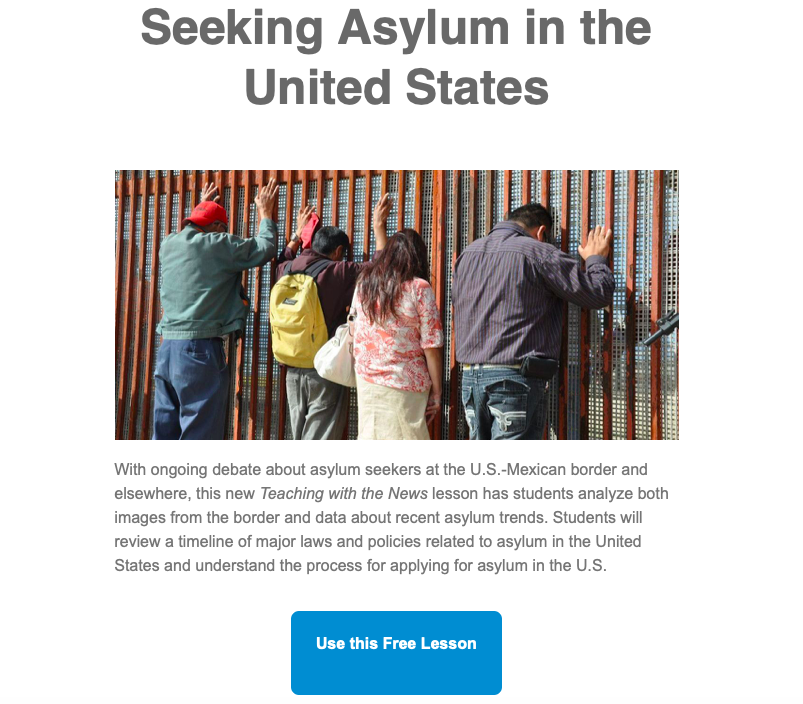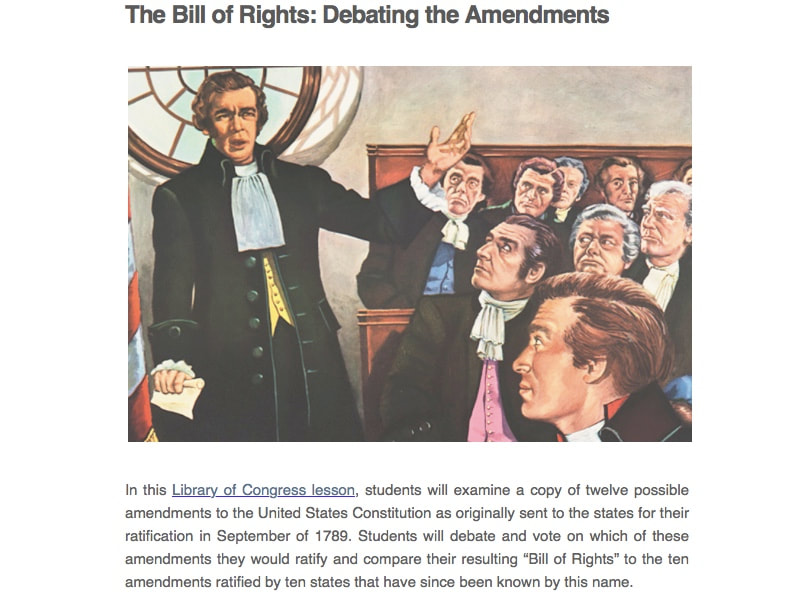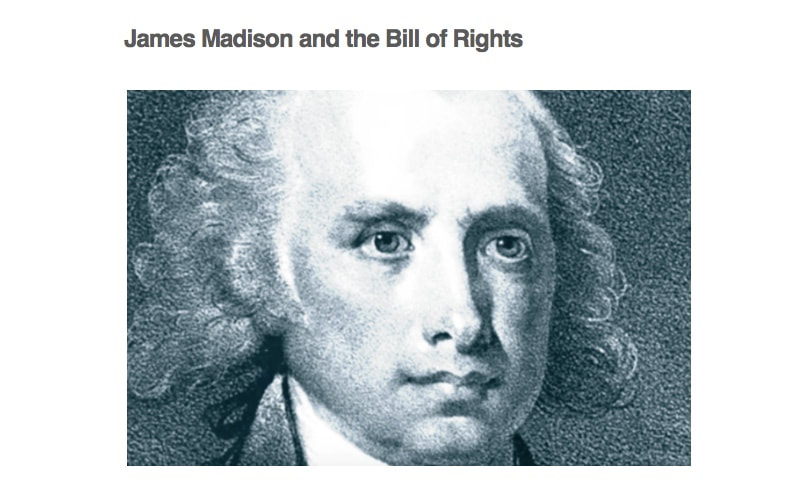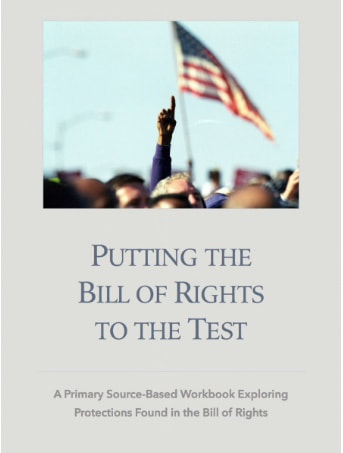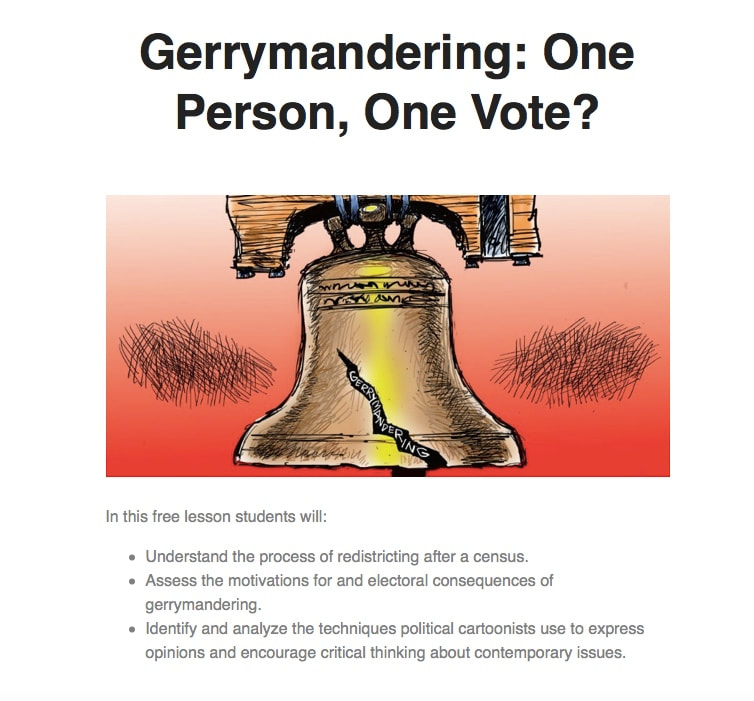Click on the image above to access more information about the Seal of Civic Readiness Toolkit.
*********************************************************************************************
Grade K - Are All Rules Good Rules?
Grade 2 - Do We Have to Have Rules?
Grades 9-12 - Who Do Gun Laws Protect?
*********************************************************************************************
Grade 2 - Do We Have to Have Rules?
Grades 9-12 - Who Do Gun Laws Protect?
*********************************************************************************************
Checkology Virtual is a free resource! The News Literacy Project (NLP) is a nonpartisan national education nonprofit that works with educators and journalists to teach middle school and high school students how to sort fact from fiction in the digital age. NLP provides these students with the essential skills they need to become smart, active consumers of news and information and engaged, informed citizens. newslit.org/
************************************************
************************************************
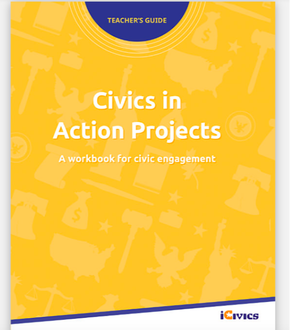
Civics in Action Projects
The teacher’s guide is designed to be flexible and includes all preview and lesson pages from the student edition, answers to activities, step-by-step lesson plans, plus suggested extension activities, teaching options, assessments, and more! Download a free sample at https://www.xanedu.com/icivics/#sample
***************************************************************
The teacher’s guide is designed to be flexible and includes all preview and lesson pages from the student edition, answers to activities, step-by-step lesson plans, plus suggested extension activities, teaching options, assessments, and more! Download a free sample at https://www.xanedu.com/icivics/#sample
***************************************************************
Youth in Action Film
This new film from Brave New Films showcases the role young people play in improving their communities. The film is broken into eleven segments to show different examples of all the ways that young people engaged in taking informed action.
This new film from Brave New Films showcases the role young people play in improving their communities. The film is broken into eleven segments to show different examples of all the ways that young people engaged in taking informed action.
iCivics provides lesson plans, games, presidential candidate guides, infographics, and webquests with registration for a free account. www.icivics.org/election?utm_campaign=TSSP&utm_medium=email&_hsmi=95817104&_hsenc=p2ANqtz-98Jpc2H2ZIpp_7aWHlljnSLa7LuokPdcikt_o7n_YXBuh5fvMu-ykCi7kThw02zR2XgqHVijlc7B2K8q-XOViYQKy4Ew&utm_content=95817104&utm_source=hs_email
********************************************************************************
********************************************************************************
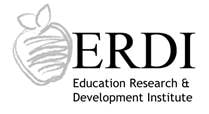
*******************************************************************************
Resources to Support Schools & Systems in the Wake of Racial Violence
Teaching & Learning
Resources to Support Schools & Systems in the Wake of Racial Violence
Teaching & Learning
- Teaching Black Lives Matter
- News for Kids Article: Police Violence, Protests Shake US
- Something Happened In Our Town (#AtlantisBuild) Saladin Allah Recommended for you
- Black Lives Matter at School Resource Toolkit
- Teaching Tolerance - Race and Ethnicity
- Antiracism PD for educators
- 5 Things Educators Can Do to Address Bias in Their School
- Racial Justice in Education resource guide
- Talking about race in the classroom
Some of the resources listed above are from Teaching Tolerance which can be accessed by clicking on the project's name.
The NEA edjustice page has an extensive list of materials for Black Lives Matter at School https://neaedjustice.org/black-lives-matter-school-resources/?utm_campaign=TSSP&utm_medium=email&_hsmi=89237852&_hsenc=p2ANqtz--vRRreRG-bNjGVCUTRqSrQD-NH4xiOP3U7s454F_Q92z8KCDWmQtfeL9yydw-g3PaDHjeM-IsCj08nVPsREN6gYN6e_w&utm_content=89237852&utm_source=hs_email
*******************************************************************************
- The Southern Poverty Law Center has published "Ten Ways to Fight Hate: A Community Response Guide."
White House History
**********************************************************************************
View or download the entire document at http://www.ecs.org/clearinghouse/01/10/48/11048.pdf
Pages 26-32 list many resources for your classroom!
**********************************************************************************
Pages 26-32 list many resources for your classroom!
**********************************************************************************
**************************************************************************
This short video traces the evolution of James Madison’s thinking about the necessity of a Bill of Rights. While originally opposed to both a bill of rights and conditional ratification, Madison came to appreciate the political and the practical efficacy of both. Professor Jack Rakove notes that, unlike many bills of rights that use the phrase “the government ought not,” the American Bill of Rights says “the government shall not,” thus creating a set of legal commands to limit government. This is one in a series of American History Videos sponsored by the James Madison Memorial Fellowship Foundation. www.youtube.com/watch?v=QHKuCA_69fE
This National Archives workbook includes primary sources to help students explore some of the core concepts, or protections, found in the Bill of Rights, and how they’ve been tested throughout American history. Each chapter leads you to consider the implications of one core concept and includes background Information; a key question or questions to frame your thinking; questions to help you analyze the document; a primary source document or documents; discussion questions to help you consider the impact or importance of the concept. Click on the image above to download.
From The Choices Program...
**************************************************************************
Encounter the original founding documents of the United States in the Rotunda for the Charters of Freedom, the permanent home of the Declaration of Independence, Constitution of the United States, and Bill of Rights. These three documents, known collectively as the Charters of Freedom, are instrumental to the founding and philosophy of the United States. museum.archives.gov/founding-documents
***************************************************************
***************************************************************
Many resources are available from the very popular We the People program! http://www.civiced.org/wtp-the-programwww.civiced.org/wtp-the-program
************************************************************************************************************
************************************************************************************************************
Here is a great site to teach your students about civil discourse:
https://www.edutopia.org/article/hot-button-topics-civil-discussions-anne-vilen-katie-dulaney
************************************************************************************************************
https://www.edutopia.org/article/hot-button-topics-civil-discussions-anne-vilen-katie-dulaney
************************************************************************************************************




